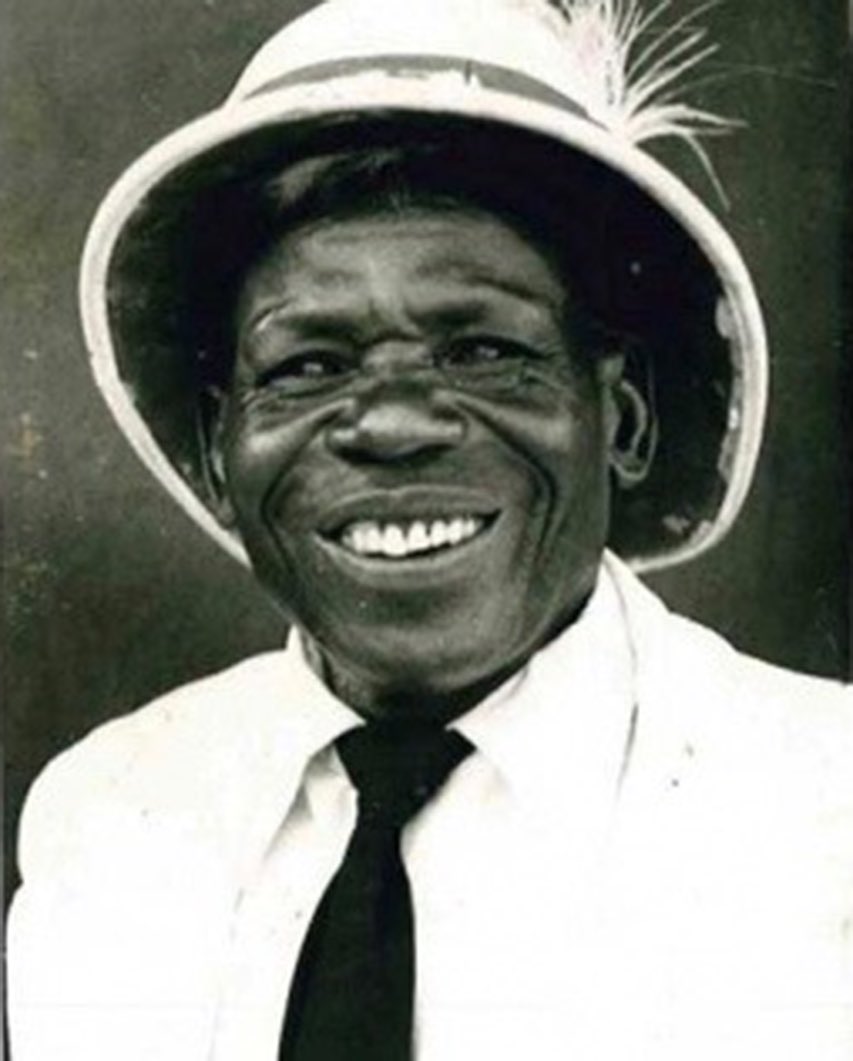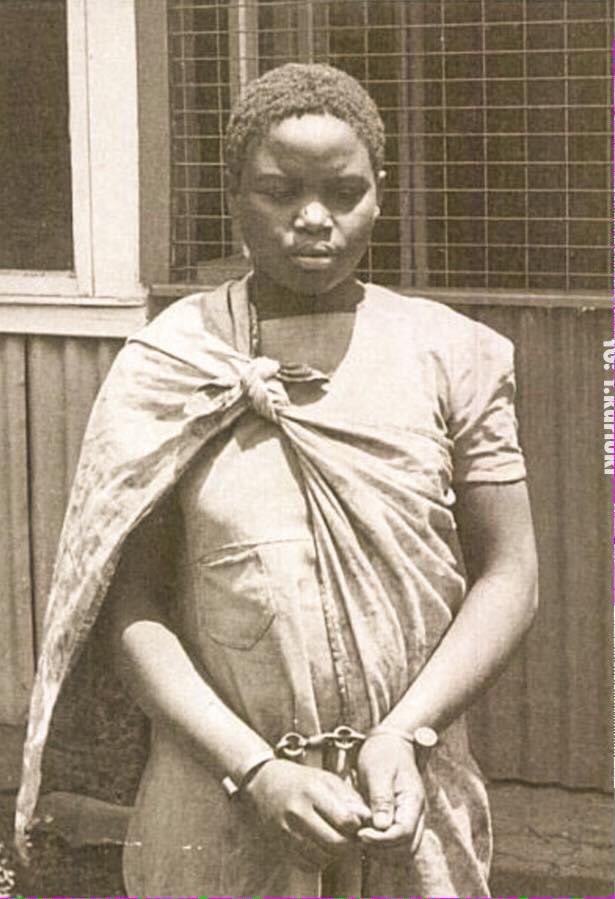#HistoryKeThread: Feeling the tax bite?
A century ago, every male in Kenya aged at least 16, employed or not, paid 12/- poll tax per year.
If married, there was an additional 12/- annual “breast tax” for the man. It was tougher for polygamous men, who paid breast tax per wife.
A century ago, every male in Kenya aged at least 16, employed or not, paid 12/- poll tax per year.
If married, there was an additional 12/- annual “breast tax” for the man. It was tougher for polygamous men, who paid breast tax per wife.

Actually, the Agîkûyû had a name for this tax. They called it Igooti Rîa Nyondo, which literally translated to “Breast Tax”.
Africans unable to raise the tax were arrested and imprisoned. Younger ones who couldn’t pay….
Africans unable to raise the tax were arrested and imprisoned. Younger ones who couldn’t pay….
….were forcefully conscripted to serve in construction of roads, railways, schools, police stations and other similar projects.
• • •
Missing some Tweet in this thread? You can try to
force a refresh

 Read on Twitter
Read on Twitter














